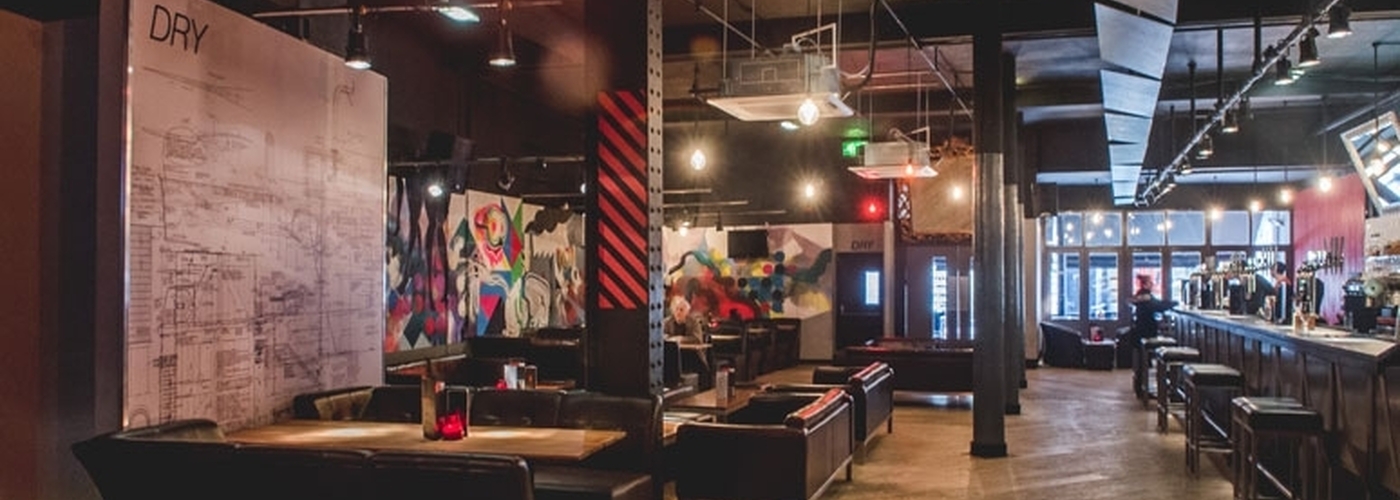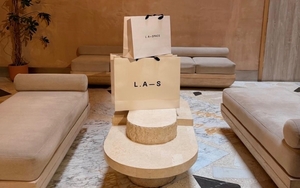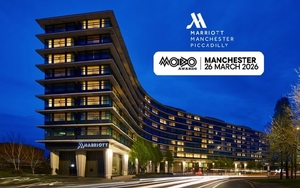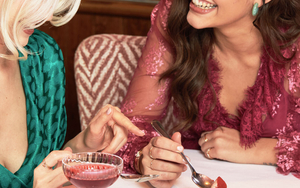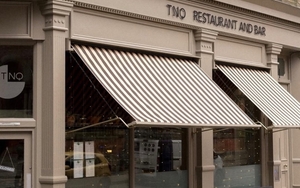Music journalist, author and punk rocker John Robb looks back at a famous Manchester bar and its legacy
Opened by Anthony Wilson and Factory Records in 1989 as a sister venue to the infamous Hacienda nightclub, Dry would go on to long outlast its parent club and build a legacy of its own.
Dry finally closed this week, with plans to convert the building into a new boutique hotel. Here music journalist, author and punk rocker John Robb recalls his memories of the bar and how it laid the foundations for what we now call the Northern Quarter.
Dry bar was always more than a bar, it was a pioneering new kind of bar that would go on to dominate city centres, the bar as a club with all the modern bells and whistles.
It appeared in 1989 as a scaled-down version of its parent venue, the Hacienda. It even came with a manifesto of sorts: ‘We are establishing a new head office in Central Manchester. We see this merely as a second phase of a much larger plan… Dry is to be to the bars what the Hacienda is to clubs."
Of course, the larger plan came true and much of Manchester now looks like a composite of the then futuristic Ben Kelly-designed venues (though, for some, it was merely another steel and chrome white elephant in the room). It became a flagship for progression from the post-industrial, a catalyst for the reimagining of the area and the way we thought about a twenty-first century city centre.
Yes, much more than a bar.
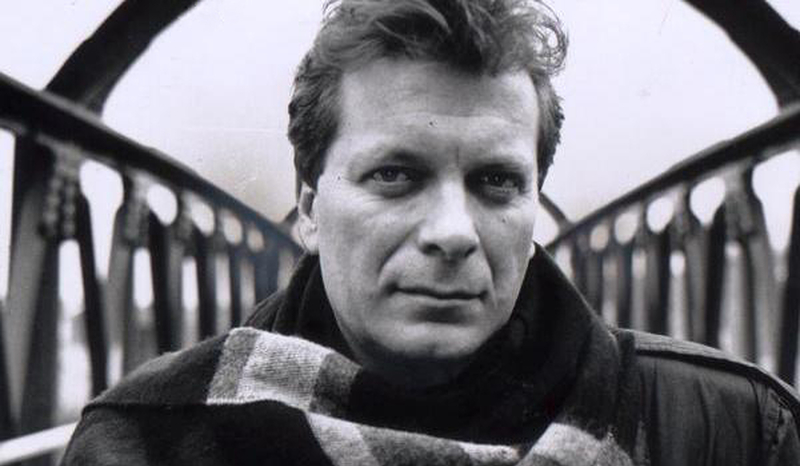
At the time, the idea of opening a bar on Oldham street in the then semi-derelict not-even-called Northern Quarter was an eye opener. Dry was seen as the latest Factory folly. It even had its own catalogue number, 201. But this was pop culture in bricks and mortar, or in this case steel and glass. It was a Euro-style bar, something you might see in Barcelona, in the pre-Brexit age before that became an awkward topic of conversation.
It was a place where bands would hang out, fall out and do deals. It was a place where you could eat, drink and lose a day, buy a ticket for the Hacienda and then lose the night. There were big name DJs, famous musicians and bar staff with faces on the scene. It was here you'd see the first laptops on tables and be offered access to something called the internet. It was here where Anthony Wilson would hold court, telling everyone that one day the whole city would look like this. And it did feel and look like the future, but somehow, like Kraftwerk remixing their classics, every time it underwent a refit it felt less distinctive, less modern.
So, farewell Dry. In 1989 you were the future. By 2017 you were no longer unique, you no longer fizzed, but much of the city centre has been remoulded in your image. Mr. Wilson would probably have been glad to see you go, he was not much interested in the past. He'd have moved on by now. So should we.
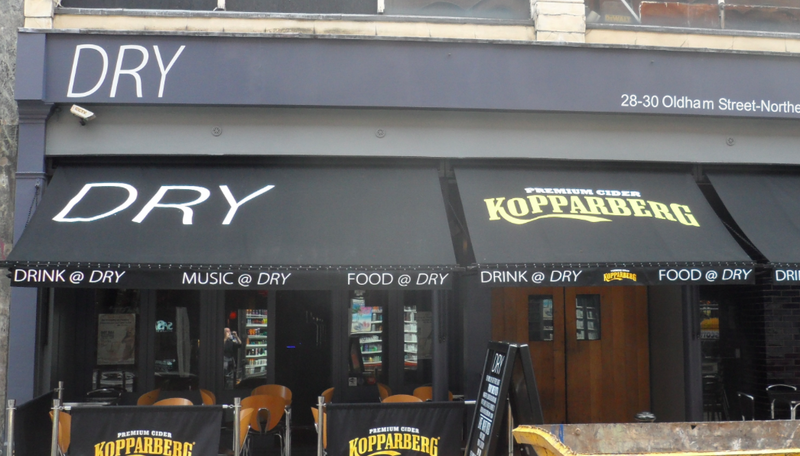
John Robb's five memories of Dry Bar:
1. "One night Happy Mondays frontman Shaun Ryder either shot or smashed one of the big mirrors behind the bar. At least one eye witness swears Shaun merely threw a bottle. Print the myth and not the truth, as Mr. Wilson would say. And anyway, along with New Order, hadn’t Shaun paid for all these fixtures and fittings?"
2. "They used to print the bar's Factory catalogue number, 201, (or Dry 201?) on the glasses, really cool things they were. So cool, in fact, that everyone kept nicking them as souvenirs. I remember New Orders' Peter Hook saying that replacing glasses alone cost them a fortune. I might still have one somewhere... sorry Hooky."
3. "I remember the phone by the door. I think of it how you might remember your old family Grandfather clock. In the days before mobile phones this acted as a lifeline, a neutral zone where 'refreshments' could be ordered. It was certainly one of the least damaged pay-phones you'll ever see, probably because for many, Dry was more of an office."
4. "Like a Manchester rock star rite of passage, Dry was not only a place to be seen but also one to get barred from. One night, in February, Liam Gallagher and a pal were involved in a scuffle in the bar, pushed out the back door and told not to come back, now a fully fledged troublemaker. Not sure what happened to that lad..."
5. "From 1989 to when the hangover kicked in around 1992, Dry was the centre of the scene, the epicentre of cool Manchester, a VIP bar without the silly V and I bits. One night I remember rubbing shoulders with Ian Brown, who was on the beer, and also Simply Reds' Mick Hucknall, with his trademark bucket of Champagne. Manc egalitarianism in motion."





